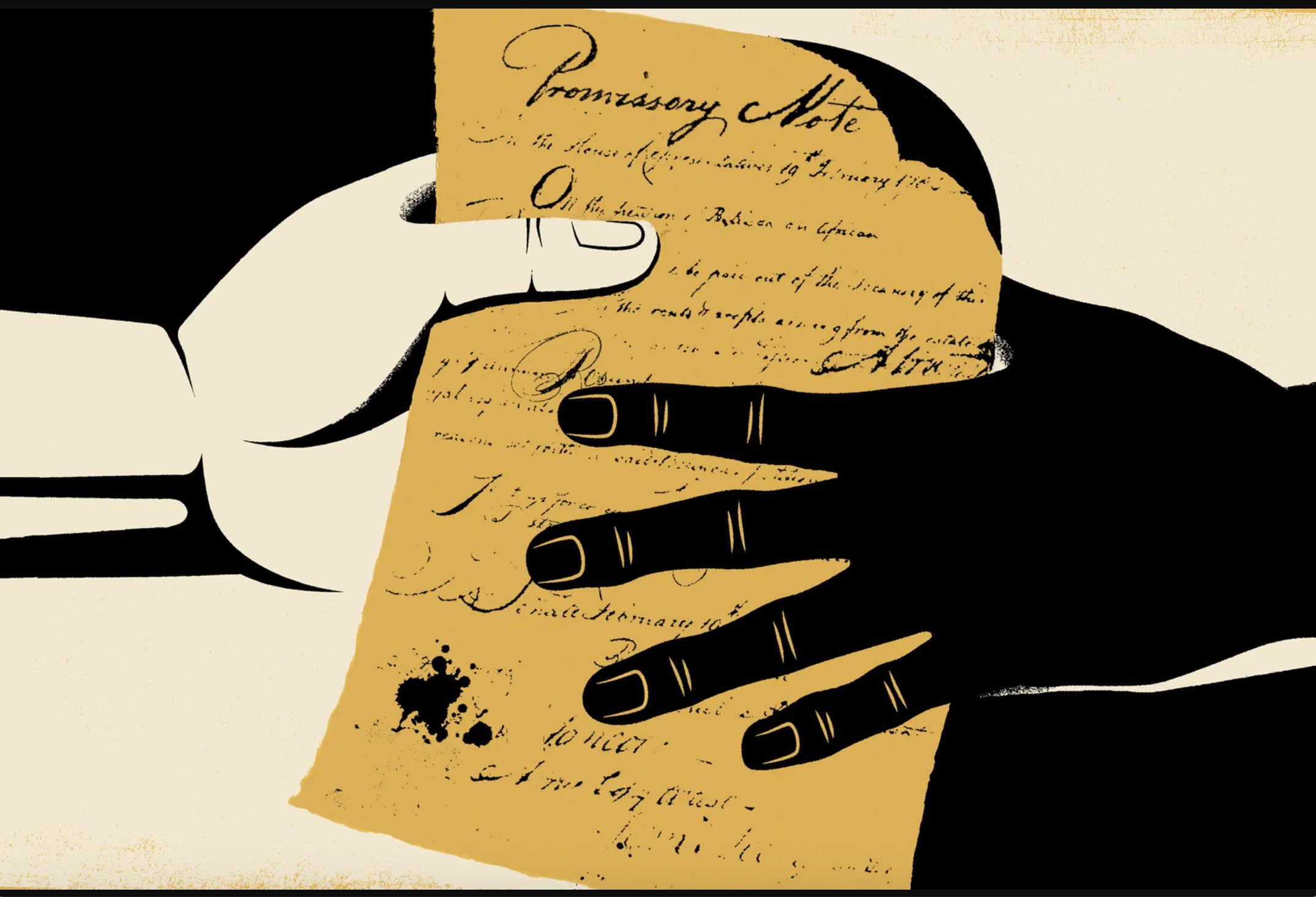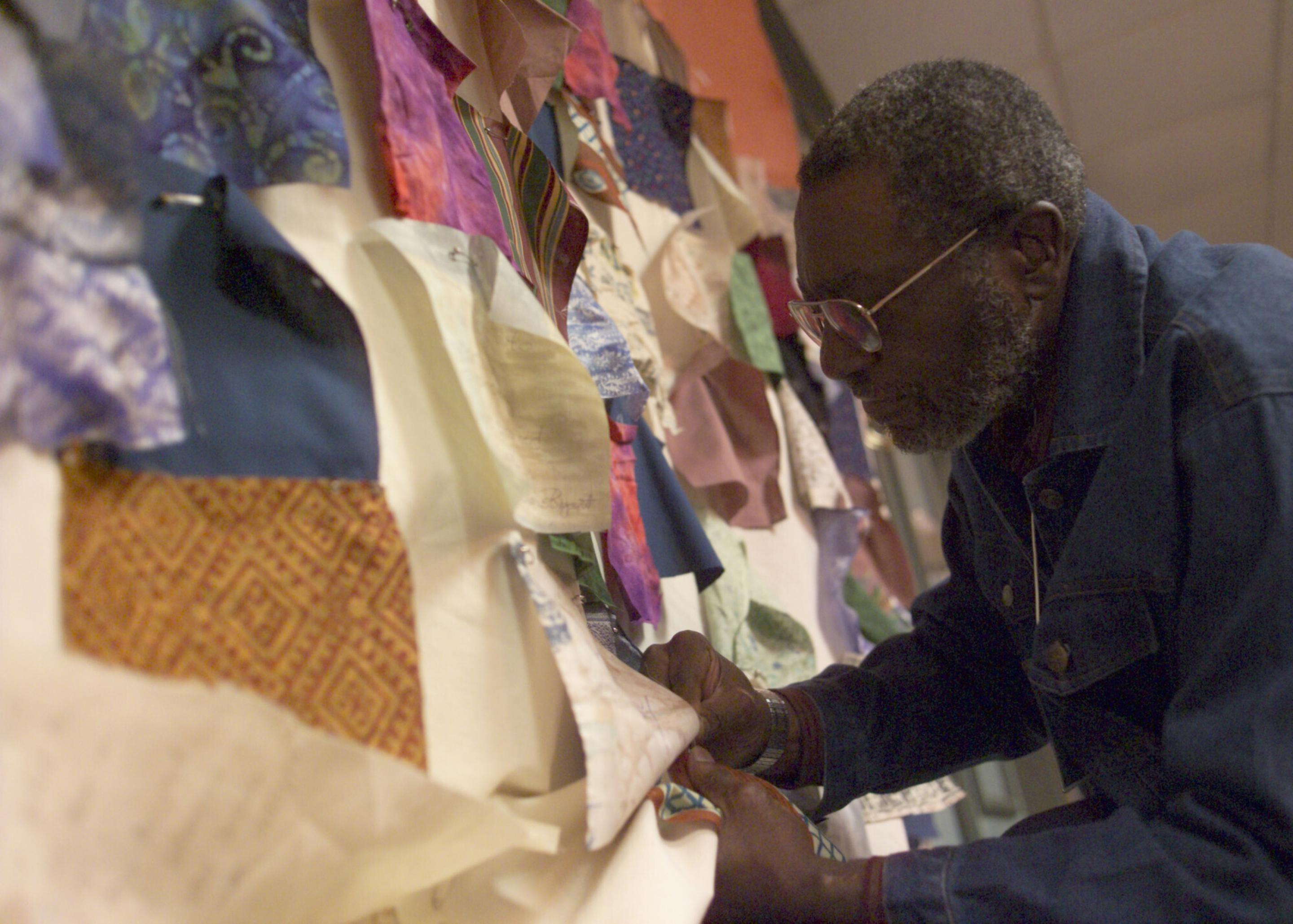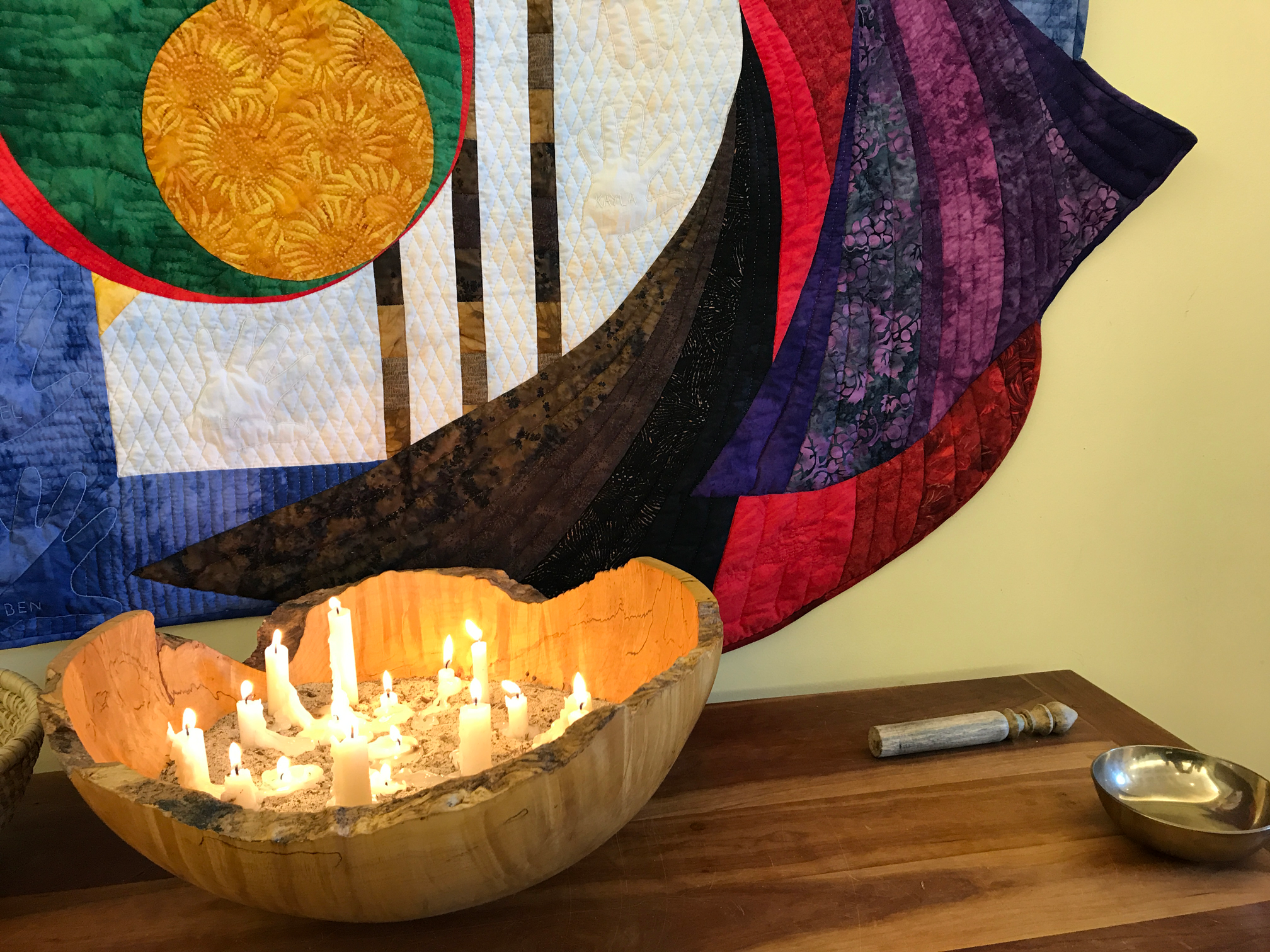Feb 14, 2021 - FEB 14, 2022
A Reparative Act
A step towards racial justice
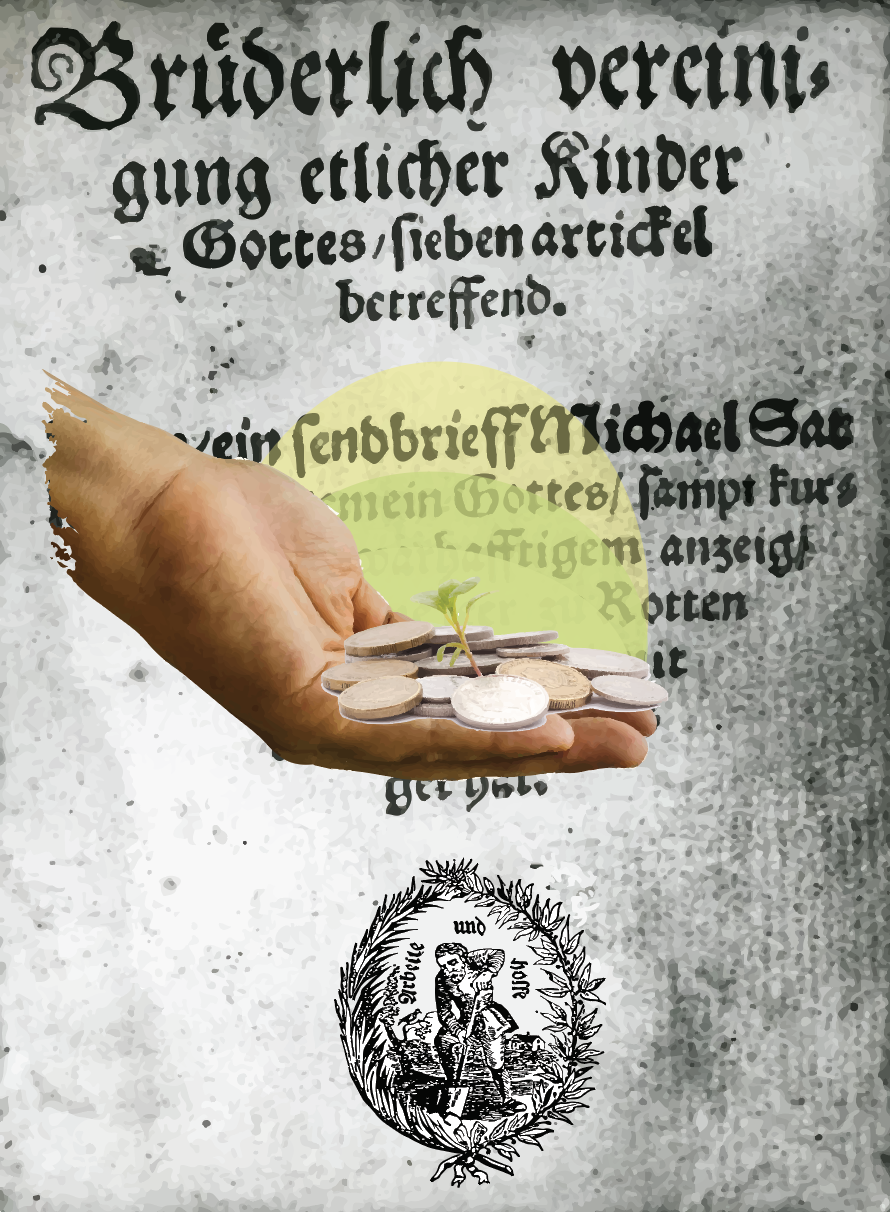
![]()
To support this reparative act
Join Us!
We are collecting money until February 14, 2022, at which time it will be given to a group of people of color who will choose where it is spent. The goal of this act is for white people to give up control of some of their money.
a reparative act
Current Funds Collected
This Reparative Act began February 14, 2021 with a commitment from Shalom Community Church to give $30,000 to a reparative act. In the next two weeks a generous donor from Shalom offered to match individual contributions to the fund. An additional $30,750 was raised and matched bringing the initial commitment to $91,500.
Fund
Total amount pledged.
Congregations
Number of congregations involved as congregations.
Individuals
Number of individual gifts.
Be a part of this reparative Act
Join Us!!
We invite congregations and individuals to join us in giving money and giving up control and to be a part of this reparative act. This is not all that we need to do to pursue racial equity, but it is one thing that we can do now. To talk about what this might mean for you contact Trevor Bechtel, Pastor, Shalom Community Church.
History
Learn more about the background and motivation behind this reparative act in the Mennonite Church and at Shalom.
In 1688 Mennonites made one of the first recorded arguments against slavery in North America. Mennonites rarely owned slaves, but in the years following 1688 further statements against slavery were also rare. During the civil rights era a group of Mennonite people of color called the larger church to recognize as a religious minority that they should be in solidarity with racial minorities. One of the central figures in this story was John Powell–now a member of Shalom Community Church–who encouraged White Mennonites to give 500,000 dollars a year to a Compassion Fund “for the purpose of developing and expanding ways of serving the urban poor and minorities in new and more meaningful ways.” John made this call at the national Mennonite Church assembly in 1969 in Turner, Oregon, and delegates agreed to “respond with a minimum of $6 per member per year”. The church did not keep this promise. Only $160,000 was raised. For more on this story read this article.
In 2020, a group from Shalom Community Church read Jennifer Harvey’s Dear White Christians. Harvey suggests that racial reconciliation has failed, “If, 50 years after Martin Luther King’s assassination we are still struggling to realize reconciliation, might it be possible that what Black Christians were saying then (and have continued to say ever since) is something that white Christians still need to hear today?”
The answer, and this is meant as an answer for white people, is a reparative framework. White people need to find a way to both learn about the history of Black oppression and white privilege and understand how these have been constructed around the concept of race. Then we need to understand the particular and local oppressions and disadvantages that people of color have endured, and find ways to reconstruct interracial relationships through addressing these histories and structures.
Two things stood out most decisively through the process of reading this book: one was need to work at racial justice in ways that whites don’t control and the second was the ways that institutional actions have served to delay and control attempts at racial justice. We long for a way that we can lead with action, not needing to get all of our words right.
Thus we committed, as a congregation, to a reparative act, which isn’t an apology, or anything other than a beginning, after so many other beginnings. We proposed that John Powell select a group of people to spend it, who aren’t a part of the giving community. And we propose inviting anyone who wants to to join us. Our goal will be to do something, but to do it by giving up control.
We talked at length about how to be involved in reparative work as white people, and understand that it is a complex work that involves learning about the history of the racially privileged and oppressed–especially in the particular ways these are present in our particular lives, and then working against these particular moments of racism and racial constructions. We discussed the nature of reparative acts and whether small things count or what kind of larger efforts might need to be engaged.
We also talked about how white people have a tendency to want actions to be perfect, and about how our talking about things can become the enemy of actually engaging the work we say we want to do.
We know that the logistics of raising and spending money are important to people but for this act encourage people not to worry about logistics and to focus on making the action happen. We have learned about the historical inability of institutions to carry out reparative acts and so don’t plan to seek the endorsement of our conferences or denominations. We simply plan to collect money and then pass it on.
a reparative act
Disbursement Committee
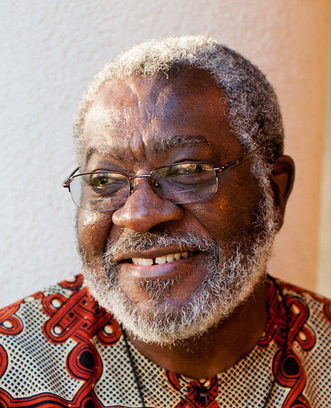
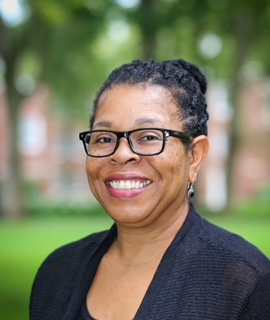
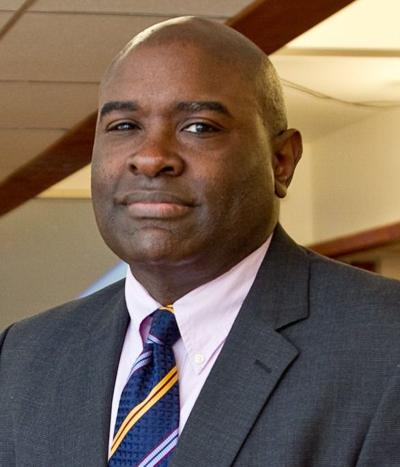



Donors
The following have donated to this act:
Shalom Community Church, Ann Arbor, MI
First Mennonite Church, Bluffton, OH
Common Spirit Church of the Brethren, Wyoming, MI
Salford Mennonite Church, Harleysville, PA
Plains Mennonite Church, Hatfield, PA
New York Mennonite Conference.
Anonymous (17)
Shelly and Curtis Weaverdyck, Ann Arbor, MI
Mary and Bryan Miller, Ypsilanti, MI
Joyce Penner, Ann Arbor, MI
Scott and Michelle Webster-Hein, Grass Lake, MI
Priscilla Chamberlain and Danny Hollander, Ann Arbor, MI
Anita Toews, Ann Arbor, MI
Katy and Kyle Carlson, Waterford, MI
Ruth and Nelson Shantz, Ann Arbor, MI
Joy and Paul Versluis, Broadway, VA
John Kotre, Ann Arbor, MI
Paul Loewen, Winnipeg, MB
Max and Ashley Eckard, Ann Arbor, MI
Andrew Whitehead, Zionsville, IN
David Cramer, South Bend, IN
Jayne Byler, Johnstown, PA
Larry Miller, Macon, MS
Linda Rush, Portland, OR
Sandra Reimer, Kitchener, ON
Dave and Courtney Smith Family, Fresno, CA
Pearl Zehr,
more information
Frequently Asked Questions
What are reparations?
The word “reparation” is frequently used in relation to money given as compensation for an abuse or injury or a type of apology or acknowledgement that something was wrong or unfair.

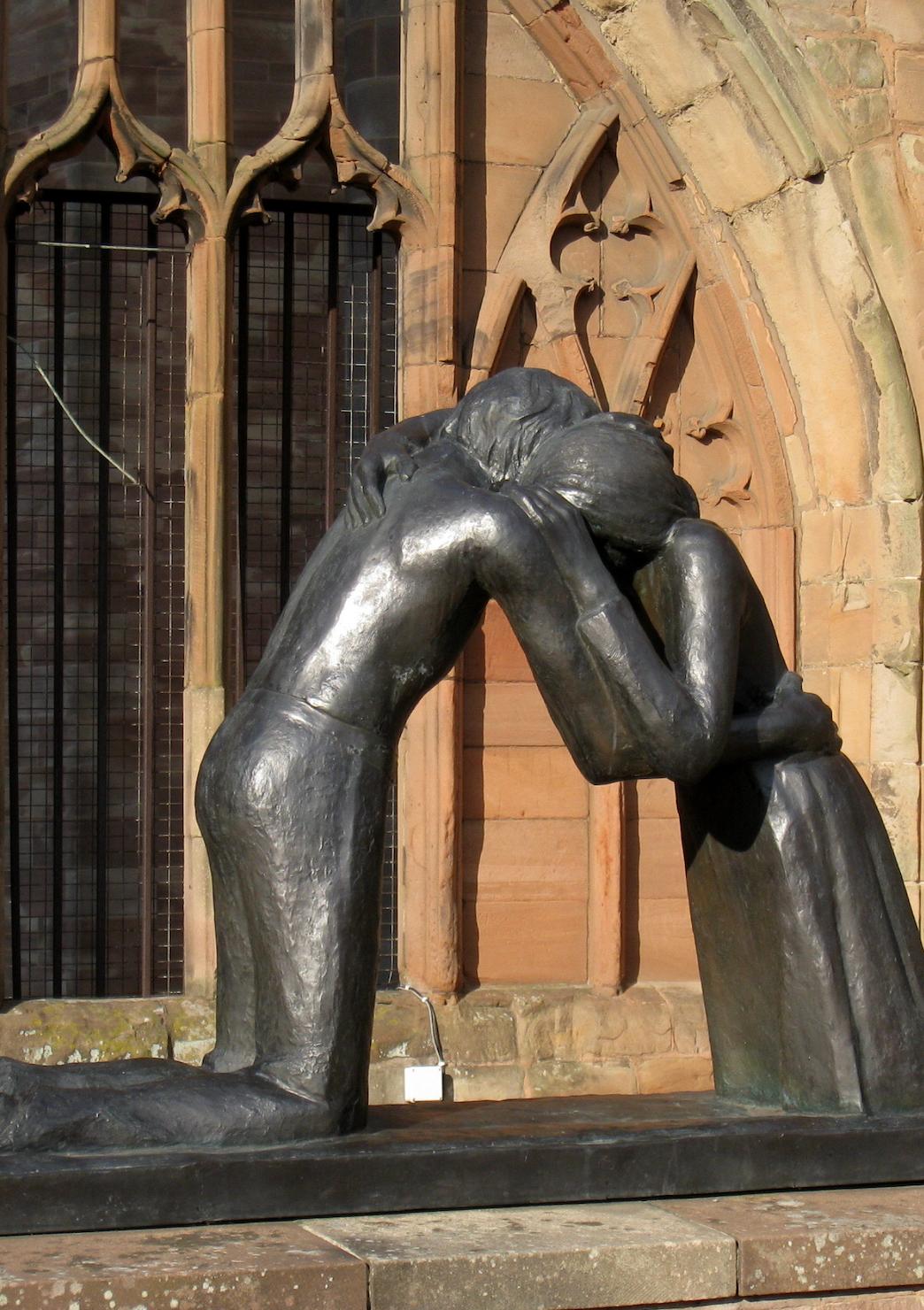
What about reconciliation?
The “reconciliation paradigm” holds out a beautiful vision of interracial togetherness, but it too often ignores the actual, material reality of racism and the history of racism in America and in the church. A universalist ethic that emphasizes our shared humanity or otherwise posits white American identity as a moral, political, social, or spiritual parallel to, for example, Native or Black identity, attempts to cover over power imbalances, white privilege, and unjust structures that make such togetherness difficult. Reconciliation is thus a relevant but inadequate paradigm as a first step for moving forward.
Why a reparative framework?
For white people and white Christians, a “reparations paradigm” (out of which come specific actions like the one described above) insists on a particularist ethic for approaching race that acknowledges real differences in order to begin to understand and reconfigure our relationships to one another. It insists on a repentant posture of repair and redress on the part of the oppressor and recognizes that brokenness comes from specific harms done. As beneficiaries of white supremacy, it is work for which white people are differently responsible.

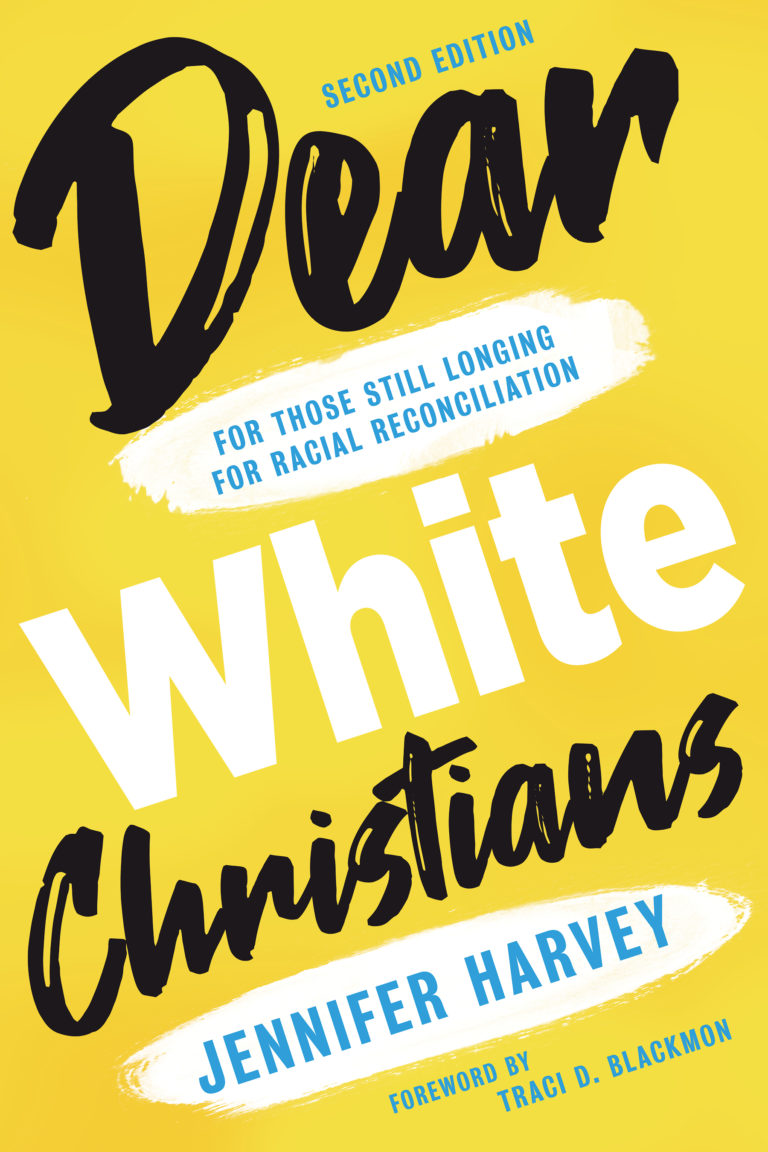
Where can I learn more?
At Shalom, we’ve found the following books to be especially helpful:
Jennifer Harvey’s Dear White Christians: For Those Still Longing for Racial Reconciliation
Robin DiAngelo’s White Fragility: Why It’s So Hard for White People to Talk About Racism
Drew G. I. Hart’s Trouble I’ve Seen: Changing the Way the Church Views Racism
Ibram X. Kendi’s How to Be an Antiracist
Willie Jennings. Acts Commentary
The writings of Tobin Miller Shearer at Anabaptist Historians are also useful.
I'm not Mennonite. Does it make sense for me to give to this fund?
This act was begun by Shalom Community Church which is affiliated with both the Mennonite Church USA and the Church of the Brethren, but it responds to the particular history of the Compassion Fund initiated by John Powell in the Mennonite Church. However, if this act seems meaningful to you, you are welcome to contribute.


Is my gift tax deductible?
Yes. Shalom Community Church is receiving all gifts for this fund and will issue tax receipts at the end of each calendar year to those who include address information when making a donation.
Blogs and Sermons
Read more from Shalom about these questions. These are sermons and blog posts from people at Shalom. Audio links are included for sermons shared during our services.
To hear the sermon and reflections from the Book Group that proposed this Reparative Act click on A Reparative Act.
